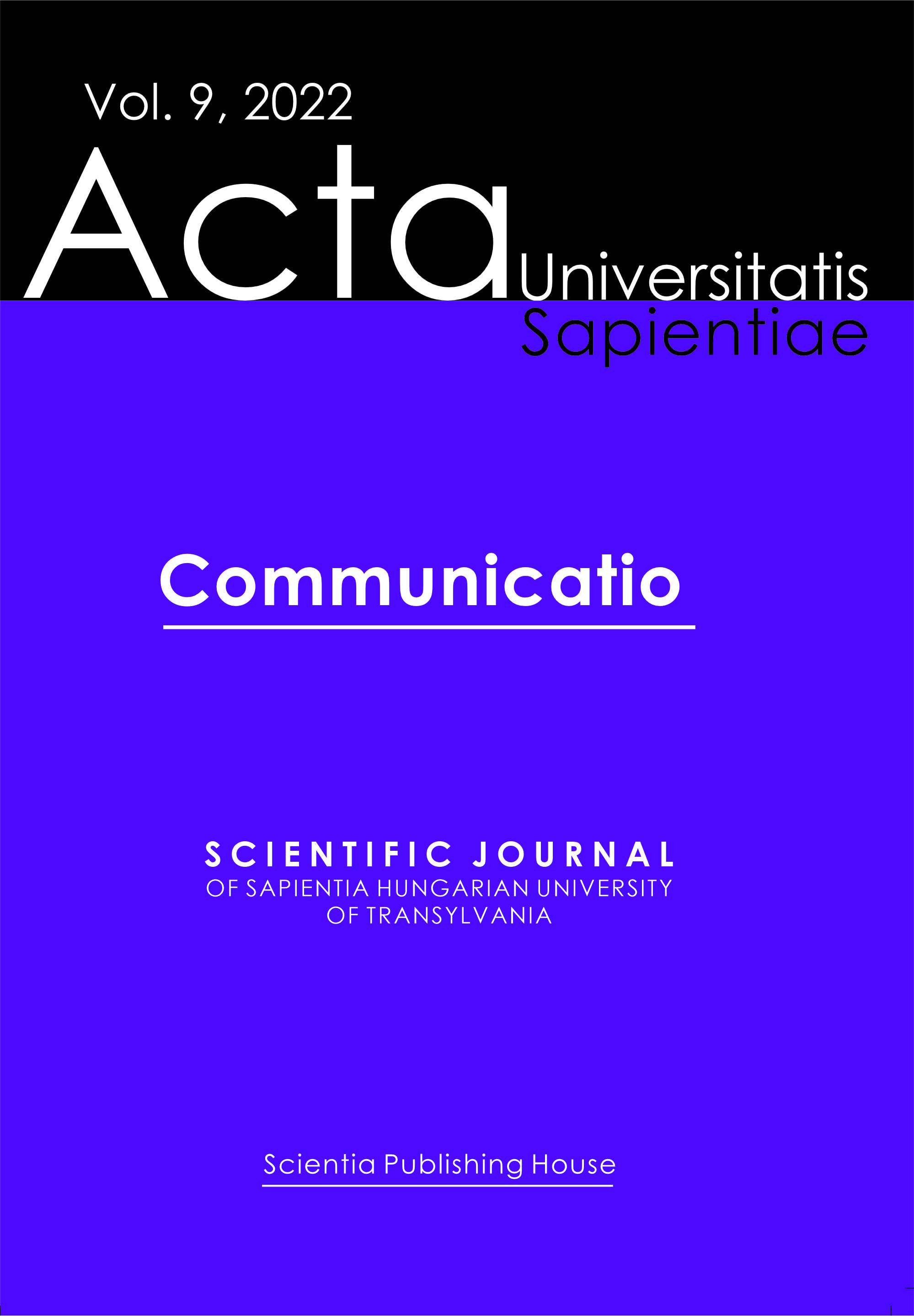Same Place, Different Bicycles. The Etic and Emic Perspectives of Digital Life in Hungary
Same Place, Different Bicycles. The Etic and Emic Perspectives of Digital Life in Hungary
Author(s): András MüllnerSubject(s): Anthropology, Human Rights and Humanitarian Law, Communication studies, Health and medicine and law, ICT Information and Communications Technologies
Published by: Scientia Kiadó
Keywords: digital life; digital environmental subject; participatory film/ video; digital divide; digital literacy; visual interventions;
Summary/Abstract: The aim of this paper is to provide a critical analysis of the discursive mediatized image of the digital environmental subject. An ambivalent element of the neo-developmental language of digital life is the “digital divide”, which often takes ideological form when it constitutes the (non-)digital Other on the other side of the digital world, in the rigid binaries of centre–periphery. Of course, nothing illustrates the inequalities in access to digital and non-digital goods better than global crises such as the coronavirus epidemic, where the disparities between the living conditions (e.g. learning opportunities)of privileged and disadvantaged areas are widening, and this is one of the proofs of the existence of the digital divide. The school, which is the ideological state apparatus responsible for the reproduction of the subject as a basic productive force, became dysfunctional in different ways indifferent countries of the world, including Hungary, during the epidemic. In the latter, the epidemic has, according to many trusted research studies, further increased the backlog of disadvantaged and/or Roma students, and thus their segregation. Although it seems certain that the most important condition for the sustainability of digital life, and with it of the state, is there-creation of digital environmental subjects through the education of digital literacy and critical-reflexive media use, the state seems to be abandoning these social groups in this respect; in their case, the interpellation value of digital education, or more precisely the lack of digital education, is the deterrence from learning. In the analytical part of the paper, I compare two media materials to highlight the possibility of a different narrative, coexisting with the negative trend briefly described above. These two items construct two images of digital environmental subject, and by analysing the differences between them, I would like to demonstrate that the hierarchy of centre–periphery can be made relative through the (non-)digital Other’s emic and critical self-repositioning, facilitated by participatory research.
Journal: Acta Universitatis Sapientiae, Communicatio
- Issue Year: 2022
- Issue No: 9
- Page Range: 46-61
- Page Count: 16
- Language: English

